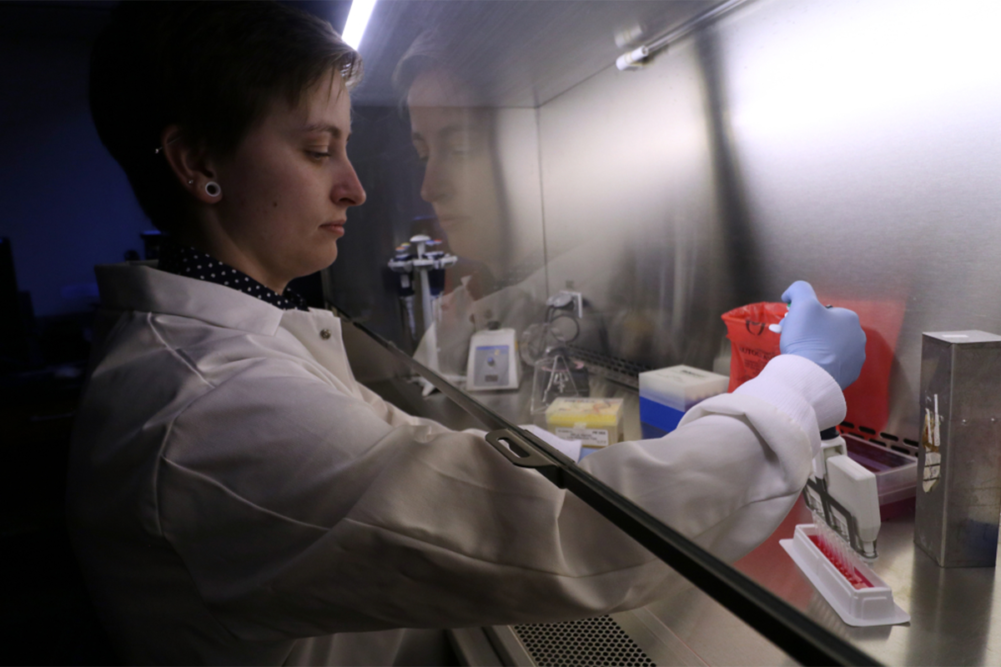LINCOLN, NEB. — The University of Nebraska-Lincoln (UNL) announced it received $2.48 million in funding from the US Department of Agriculture’s National Institute of Food and Agriculture (NIFA) to support the research projects of four faculty members.
The grants came from NIFA’s $400 million investment in the Agriculture and Food Research Initiative (AFRI), which works to improve rural economies, address environmental issues, ensure food safety, enhance nutrition and food production, and train the next generation of agricultural workers.
The following four UNL projects focus on viral diseases, antimicrobial resistance, farm sustainability and potential impact on human health:
- Samodha Fernando, $999,981 – This project examines the ecology of antibiotic resistance gene pools within the swine production system and its effect on the emergence and spread of antibiotic resistance. The findings could lead to the development of management and nutritional strategies that reduce antimicrobial use. This project is a collaboration with the United States Meat Animal Research Center (USMARC) and the USDA-ARS National Animal Disease Center.
- Daniel Ciobanu, $635,000 – This project detects relationships between host genetics, microbial pathogens, animal growth and health. The results could lead to the development of genetic tests and management solutions to improve animal health and welfare by predicting which pigs will be genetically susceptible to specific microbial diseases.
- Hiep Vu, $627,000 – This project focuses specifically on the porcine reproductive and respiratory syndrome virus (PRRSV) and identifying what cellular factors are required to produce an infection. Knowledge gained from this research could lead to a safe and effective vaccine to combat the disease and will provide insights for the generation of PRRSV-resistant pigs, either through natural selection or genome editing.
- Lianna Walker, $225,000 – This project looks into host genetic variants that promote infection of avian influenza virus (AIV) in swine. Identifying gene variants that influence AIV susceptibility in pigs could lead to increased disease resiliency by providing swine producers with potential genetic-based prevention strategies and an alternative to suboptimal vaccination regimes, improving the overall welfare of their herds. The research could also lead to a decrease in the ability of AIV to adapt to mammalian hosts, which would reduce the emergence of novel pathogenic strains that could impact human health.



